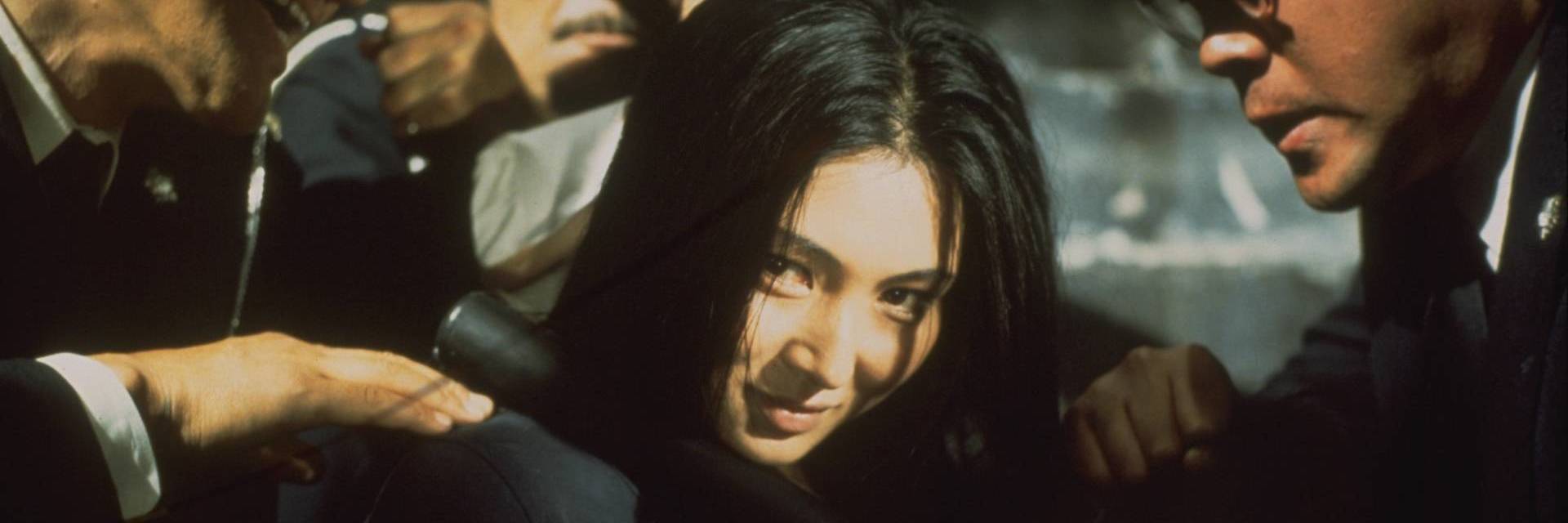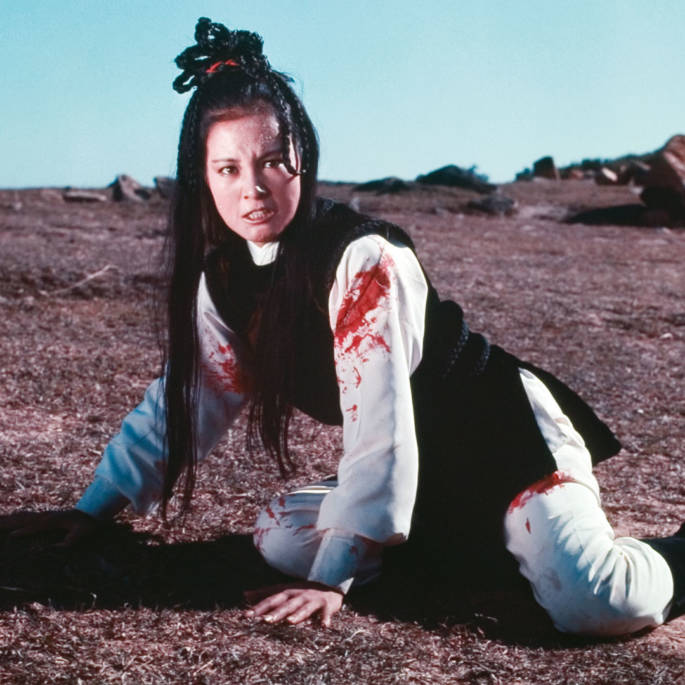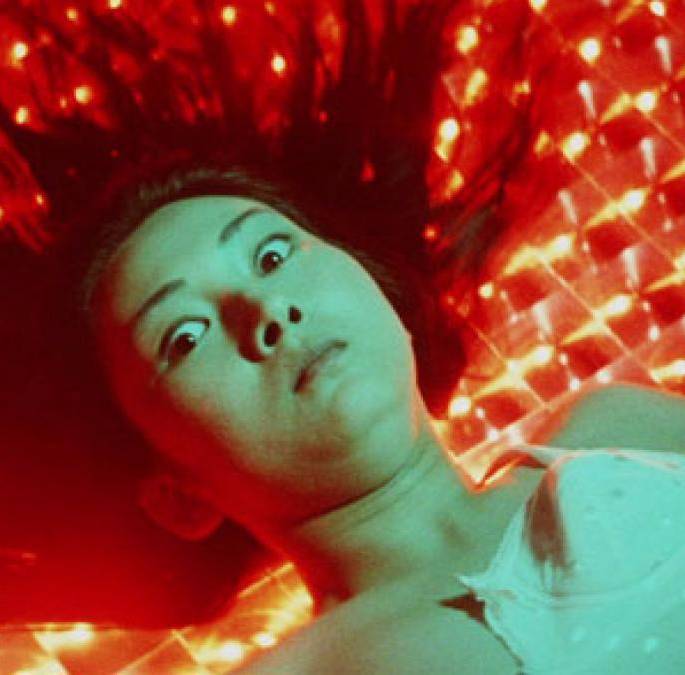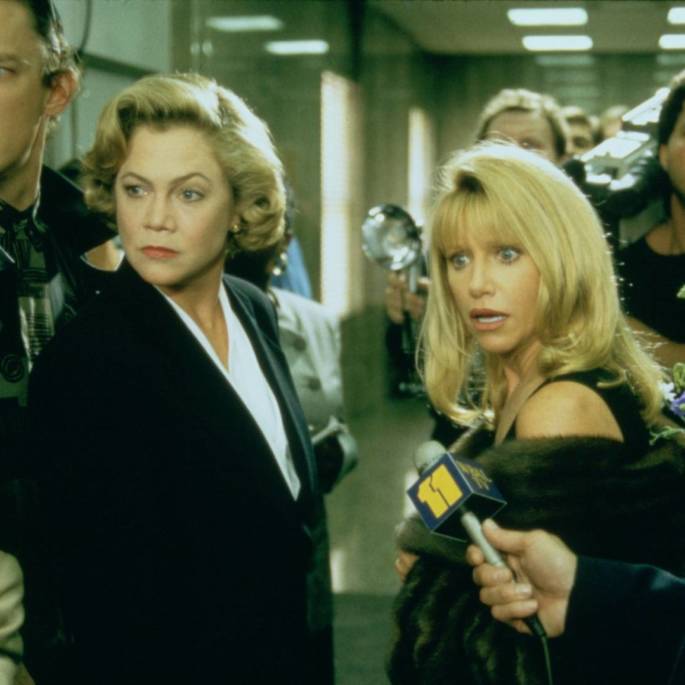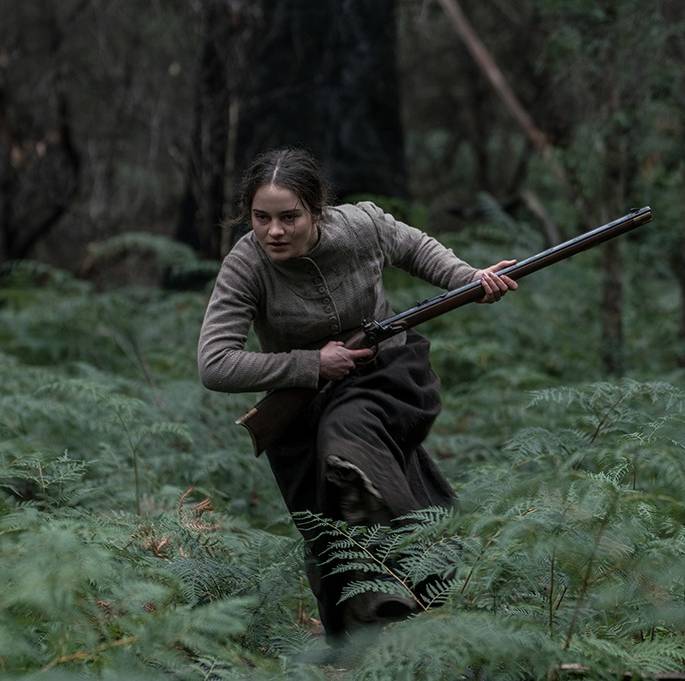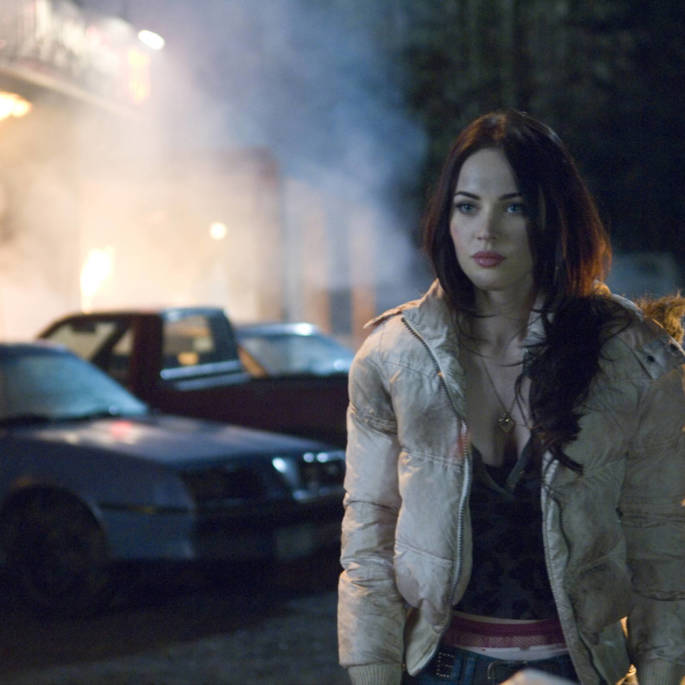The Neuchâtel International Fantastic Film Festival (NIFFF) presents FEMALE TROUBLE, its retrospective dedicated to the representations of female archetypes in genre cinema. Designed to be part of the festival’s 22nd edition (30 June – 8 July), this special programme is in line with SCREAM QUEER, last year’s retrospective. While not exhaustive, this thought-provoking programme aims at offering a chronological and geographical overview that will make it easier to discuss this complex and multifaceted topic. In addition to the twenty or so feature films, the retrospective will also include a roundtable involving multiple guests whose work was decisive in the perception and the evolution of said representations.
AMBIVALENT CHARACTERS
While fantasy films have long offered unparalleled freedom to artists, they have also harboured some of the most tenacious clichés when it comes to archaic representations of women. Sacrificial victims or martyred heroines, the genre has fueled paradoxes by often stigmatizing characters who step outside the roles traditionally assigned to women – those of model wives or daughters.
And yet, the fight for women’s liberation can be found implicitly in many fantastic films. Whether they be heroines of the female gothic (REBECCA, Alfred Hitchcock, 1940), pugilistic captives (FEMALE PRISONER #701: SCORPION, Shun’ya Itō, 1972), nüxia and female knights descended from Chinese literary traditions (LADY WITH A SWORD, Kao Pao-shu, 1971), or intergalactic warriors (ALIENS, James Cameron, 1986), these characters often have something in common: they shake up the established rules of society or emancipate themselves by finding the cracks in a well-ordered social structure.
These bothersome figures were already there in the early years of cinema. They were called the nasty women, and they destroyed the traditional representation of women in the private and public spheres. Thus came the template which would influence later filmmakers, some of which – like John Waters – would make it the heart of their life’s work. Waters’ own SERIAL MOM (1994) offers an interesting take on the subject that could easily be dubbed “nasty mother”.
Over time, women directors made the genre’s codes their own in order to create truly contemporary films, like Jennifer Kent with THE NIGHTINGALE (2018), a haunting thriller that subverts the rape & revenge to deliver a powerful message on the brutality of colonisation and the gender itself.
These are the (sometimes ambivalent) characters that FEMALE TROUBLE wants to study through its film selection and roundtable.
FEMALE TROUBLE NIGHT AT THE NATIONAL FILM ARCHIVE
Sunday, June 4th, 6:30 p.m. and 9 p.m.
As an appetizer to FEMALE TROUBLE, the NIFFF is once again joining forces with the national film archive for one special evening. Two films with different kinds of femme fatale will be shown – the classic, venomous and manipulative in DOUBLE INDEMNITY (Billy Wilder, 1944 – Trailer) – and the modern, possessed and gaudy in JENNIFER’S BODY (Karyn Kusama, 2009 – Trailer). Buy one ticket for the first film, get one for the next movie for free!
FEMALE TROUBLE NIGHT AT CASE À CHOCS
Saturday, July 1st, 12 a.m.
The NIFFF is happy to be collaborating with Case à Chocs to offer an after party that echoes the FEMALE TROUBLE retrospective. The audience will be immersed in the topic through the music of three artists that perfectly embody its themes thanks to their project and approach. The crowd will be able to dance to the rousing beats of queer performer, DJ, and producer Authentically Plastic, who takes inspiration from North Ugandan electronic dances. People will also explore afro-electro with DJ Asna from the Ivory Coast, who has become an icon of West African electronic music. Finally, DJ Miss Sheitana will mesmerize you with a set that brings together club music, rap, and baile funk.
COUNTDOWN NIFFF 2023
Thursday, June 15th: Complete programme and online ticketing on NIFFF.CH
30 June – 8 July: NIFFF 22nd edition
